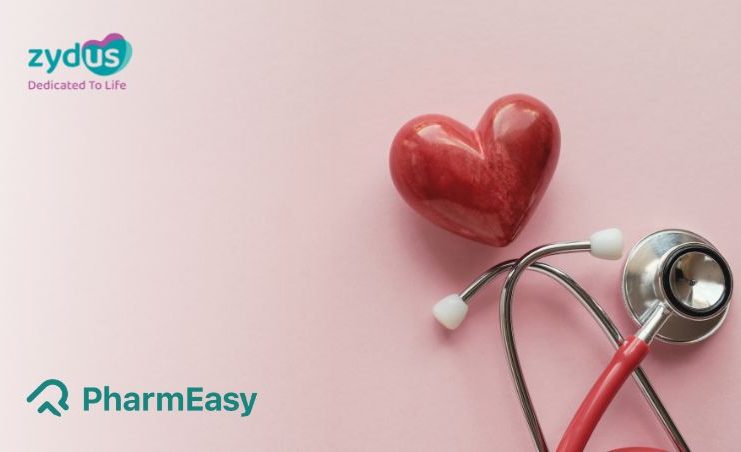High Blood Pressure Vs Low Blood Pressure – Know The Difference!
By Saksham Bhatia +2 more

Get more insightful and
helpful tips to
treat Diabetes for FREE



Download PharmEasy App




Register to Avail the Offer
Send OTPBy continuing, you agree with our Privacy Policy and Terms and Conditions
By Saksham Bhatia +2 more
According to the guidelines given by the American Heart Association, if the blood pressure falls in one of the below categories then the condition is called Hypertension:

Thus, Hypertension is nothing but high blood pressure and is a serious condition because it makes the heart work harder to pump blood into the body and if not controlled, can result in an increased risk of heart attacks, strokes, and kidney failures.
Similarly, Hypotension is low blood pressure. In this condition, the blood pressure typically falls below a Systolic value of 90 and a Diastolic value of 60.
Within prescribed limits, a low blood pressure reading is generally good. However, sometimes this condition can result in dizziness and tiredness. But if there are no adverse symptoms as such then there is nothing to worry about.
Table of Contents
While the exact causes of high blood pressure are still unknown, medical practitioners attribute this condition to certain factors namely:
The dropping of blood pressure is a normal scenario. However, certain conditions cause low blood pressure for an extended period such as:
While high blood pressure doesn’t show any severe symptom (which is why it is also called a ‘silent killer’) as such, it is sometimes observed that some people suffering from high blood pressure do show signs of sweating, sleeping problems, and anxiety. However, if the Hypertensive crisis condition is reached, the patient may suffer from nose bleeding and headaches.
Some noticeable symptoms that should raise alarm bells include:
Also Read: Can Dehydration Cause High Blood Pressure? A Research-Backed Examination
While many doctors prescribe medication to deal with high blood pressure, generally, it is best treated by bringing about a change in lifestyle and improving dietary choices.
Some lifestyle adjustments include:
Doctors generally also recommend a ‘DASH – Dietary Approaches to Stop Hypertension diet for high blood pressure patients who adhere to the above lifestyle adjustments.
Also read: Home Remedies for High Blood Pressure
Simple, good to implement practices that prevent low blood pressure which includes :
High blood pressure can rightfully be described as a ‘silent killer’. This is because there are rarely any high blood pressure symptoms but it poses a major threat of heart-related ailments like stroke. Some of the ways in which you can lower your high blood pressure without medications are as follows:
Also Read: Signs to Stop Water Fasting: Boundary Between Health and Harm
Disclaimer: The information provided here is for educational/awareness purposes only and is not intended to be a substitute for medical treatment by a healthcare professional and should not be relied upon to diagnose or treat any medical condition. The reader should consult a registered medical practitioner to determine the appropriateness of the information and before consuming any medication. PharmEasy does not provide any guarantee or warranty (express or implied) regarding the accuracy, adequacy, completeness, legality, reliability or usefulness of the information; and disclaims any liability arising thereof.
Links and product recommendations in the information provided here are advertisements of third-party products available on the website. PharmEasy does not make any representation on the accuracy or suitability of such products/services. Advertisements do not influence the editorial decisions or content. The information in this blog is subject to change without notice. The authors and administrators reserve the right to modify, add, or remove content without notification. It is your responsibility to review this disclaimer regularly for any changes.
Ref
https://www.who.int/health-topics/hypertension#tab=tab_1
https://www.cdc.gov/bloodpressure/about.htm
https://www.heart.org/en/health-topics/high-blood-pressure/the-facts-about-high-blood-pressure/low-blood-pressure-when-blood-pressure-is-too-low
Comments